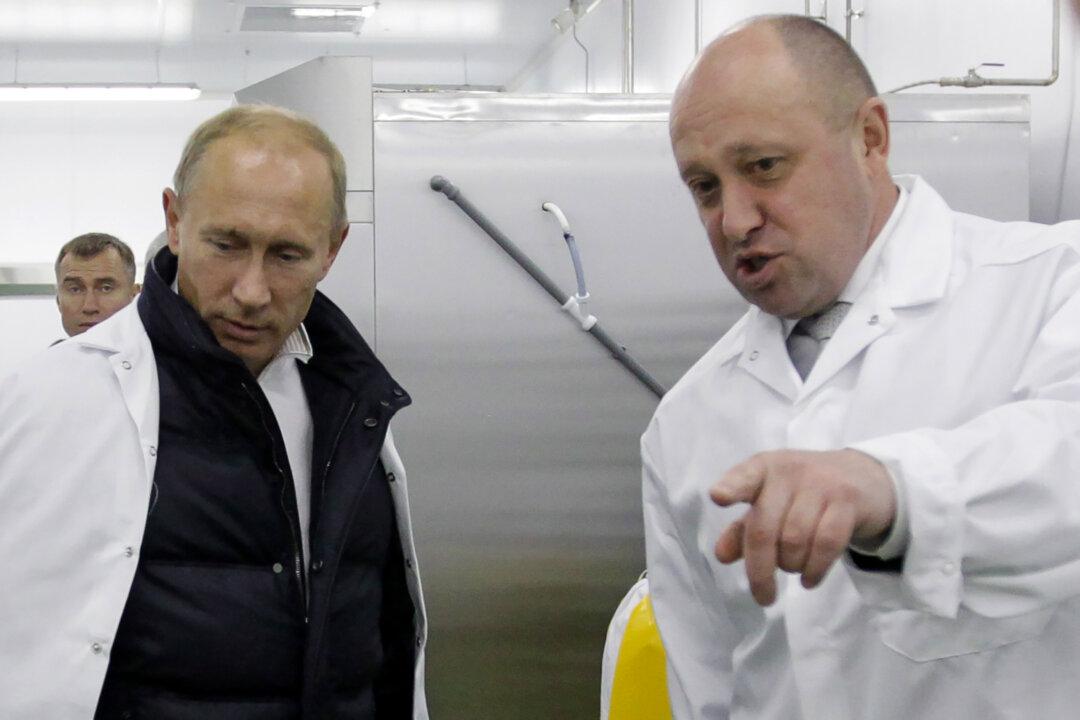Wagner mercenary group leader Yevgeny Prigozhin has arrived in Belarus, according to Belarussian President Alexander Lukashenko, who helped broker a deal under which the Wagner chief halted his soldiers’ push toward Moscow and agreed to leave Russia as an exile.
“Yes, today he’s in Belarus,” Lukashenko said on June 27, according to Belta, the Belarussian state news agency.





